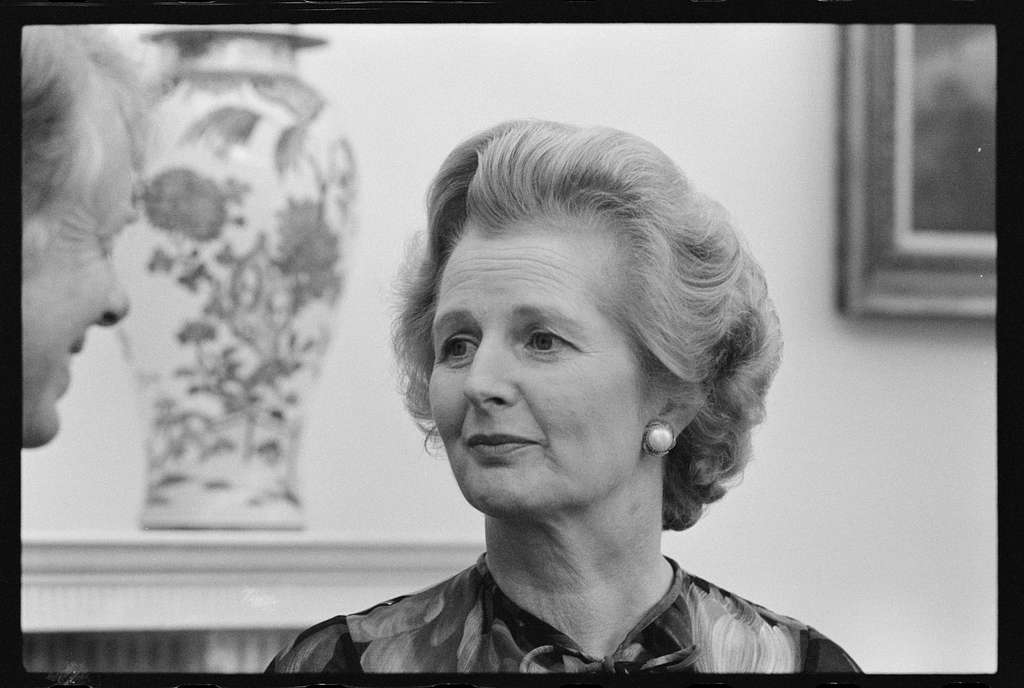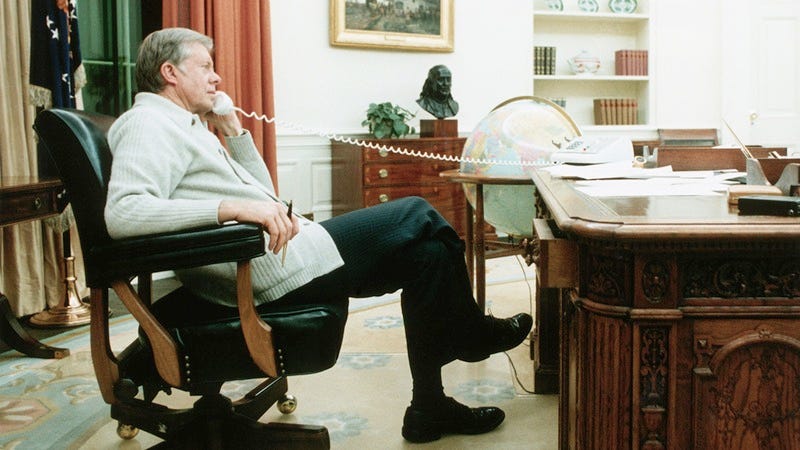

Carter for his advocacy of negotiating with Hamas and North Korea. “Keeping Faith” was criticized as sanctimonious and unreflective, and unfortunately these qualities show up here no surprise to those who either love or despise Mr.

Not surprisingly, its best parts mirror the best parts of that book: his detailed accounts of the hostage crisis the fateful (and perhaps fatal) decision to fire several cabinet members and lecture the country about a “crisis of confidence” in 1979 (the famous “malaise” speech, though he never used the word) and of course the negotiations between Israel and Egypt, during which he knelt and prayed when they stalled. The entries also add little of substance that was not in “Keeping Faith,” his 1982 memoir. Carter winces that the diary entries do seem self-congratulatory. The diaries are not particularly rewarding to read in their entirety, with their endless pages of uninflected entries describing crowds, receptions, appointments and meetings, mixed with asides about his wife, Rosalynn, and his family, mother, jogging, swimming (even skinny-dipping), bowling, fly-fishing and his tennis topspin. “Looking back, I am struck by how many unpopular objectives we pursued.” Even his proudest accomplishments the Israel-Egypt peace treaty and getting the hostages seized in Iran home safe hardly helped his reputation, he notes, adding: “I was sometimes accused of ‘micromanaging’ the affairs of government and being excessively autocratic, and I must admit that my critics probably had a valid point.” “This may be my last chance to offer an assessment of my time in the White House,” the nearly 86-year-old former president writes in his afterword. Carter’s 25th book, “White House Diary,” the edited and annotated journals of his turbulent years in office, reminds one of the plagues visited on him, many beyond his control, and the way he stumbled, suffered, tried to do the right thing, tried to understand his errors and seemed to believe that politics in a fallen world doomed him to being unappreciated. Carter would sometimes bear his presidency like a cross. But its frontispiece cast a shadow by quoting the theologian Reinhold Niebuhr: “The sad duty of politics is to establish justice in a sinful world.”

Jimmy Carter’s first book, “Why Not the Best?” published in 1976 when he was a long shot running for president introduced him charmingly as a born-again Christian, former Georgia governor, former naval officer, Sunday school teacher and peanut farmer.


 0 kommentar(er)
0 kommentar(er)
